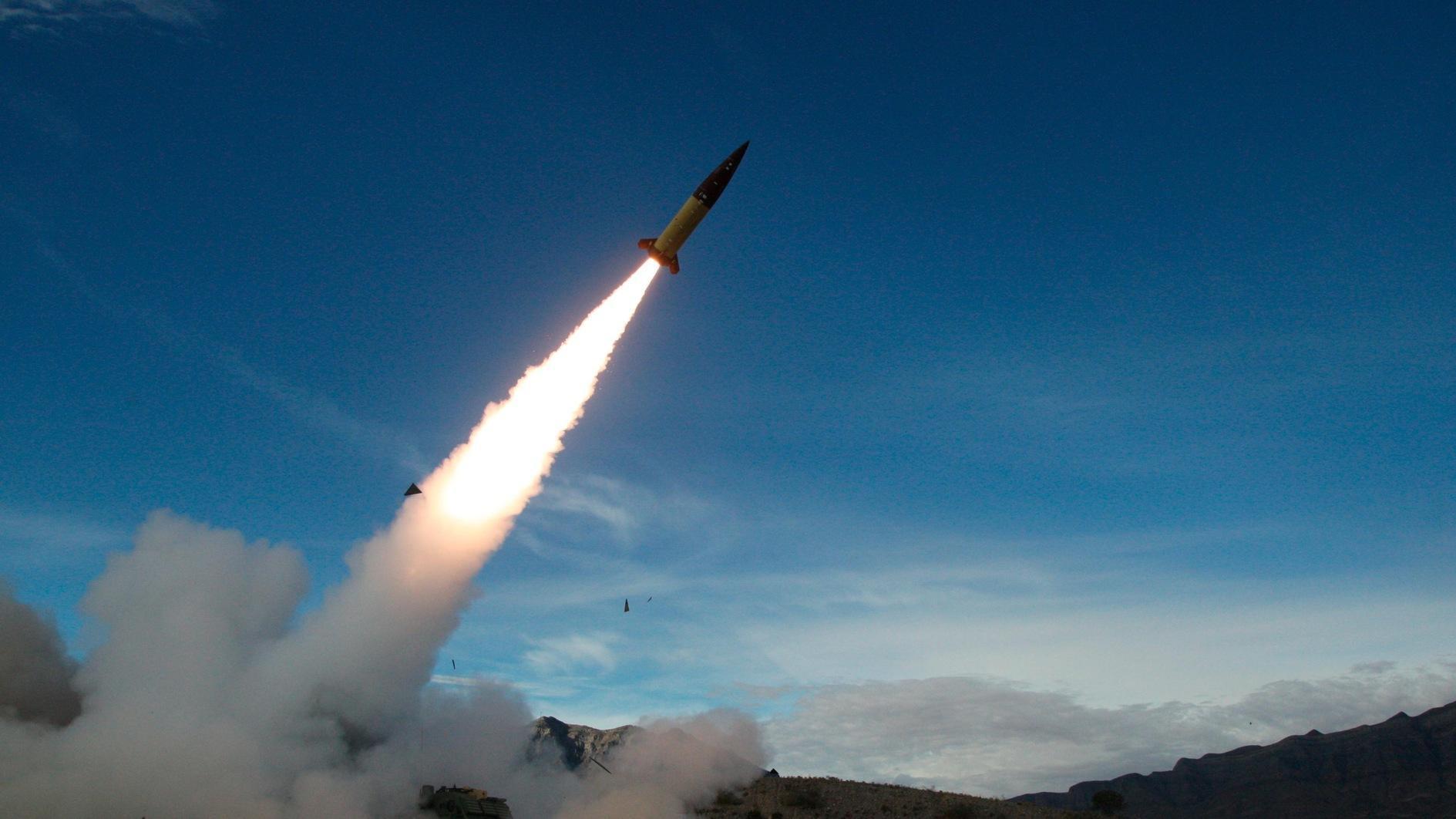Turkey is not just making friends in the Middle East
Turkey clearly has a much more positive image in the Middle East today than it did a decade ago. It is also true that Prime Minister Recep Tayyip Erdoğan has become a hero for the Arab masses. But Turkey has started to get captivated by its own mystique in this regard in ways that do not appear fully justified. Not when there are those coming out and indicating displeasure over Ankara’s regional policies.
Take for example Iraqi Prime Minister Nouri al-Maliki. Speaking to the Wall Street Journal just prior to his recent visit to Washington, he praised the growing economic ties with Turkey, but complained about what he said was Ankara’s interference in Iraq’s internal affairs.
Given the dissatisfaction of senior Shiites in Iraq over Turkey’s policy toward the Bashar al-Assad regime in Syria, one can assume that there were also sectarian connotations to al-Maliki words, especially because he is also a Shiite.
Meanwhile, serious cracks have appeared in Turkish-Iranian ties, not only because of Turkey’s policy toward Syria, but also because of the growing belief among radical Iranian mullahs that not just a secular, but also a Sunni, Turkey is becoming the instrument for promoting the notion of “liberal Islam” much hated by them.
Ankara’s decision to host the radar system for NATO’s U.S.-led “Missile Defense Shield” project, on the other hand, has elicited threatening responses from the highest military echelons in Tehran, suggesting that Turkey has started to be viewed by some in that country not just as an ideological but also as an “existential threat.”
There are indications that these angry remarks directed at Turkey are as much the product of in-fighting between radicals and moderates in Tehran as anything else. Iranian Foreign Minister Ali Akbar Salehi’s statement to the semi-official Anatolian news agency this week, in which he accused those sending direct threats to Turkey of making “irresponsible and senseless statements,” can also be taken to be an indication of this in-fighting.
Clearly the pragmatists in Tehran see the risk of further isolation for Iran if Turkey is alienated. But the question of how long they can hold their ground against the radicals, in view of the changes underway in the Middle East, is an open one. They could not, for example, prevent the storming of the British embassy, which may have set the country’s image back 30 years, but which was applauded by radical mullahs.
In Syria, on the other hand, it is clear that Turkey at this stage is an enemy for the Baath regime and everyone associated with it, or relying on it for one reason or another. Therefore the longer al-Assad can hold on, the longer the situation will become difficult for Ankara.
It is also becoming clearer that he can hold on much longer than some want, given the help of regional friends such as Iraq and Iran, and of a powerful global power such as Russia.
Meanwhile in Egypt, radical Islamists have also started looking at Turkey with suspicion even though it is predominantly Sunni like their country, especially after Prime Minister Erdoğan lauded the benefits of a secular state during his last visit to Cairo.
Therefore, while Foreign Minister Ahmet Davutoğlu boasts and brags about Turkey’s rising star in the Middle East, the signs are that not everyone in the region is happy about this. Put another way, while Ankara may be happy to have new friends and influence in the region, it has to realize that there are also those, be they Arab or Iranian, Shiite or Sunni, who do not harbor the best of feelings for Turkey, and this has started to show.











